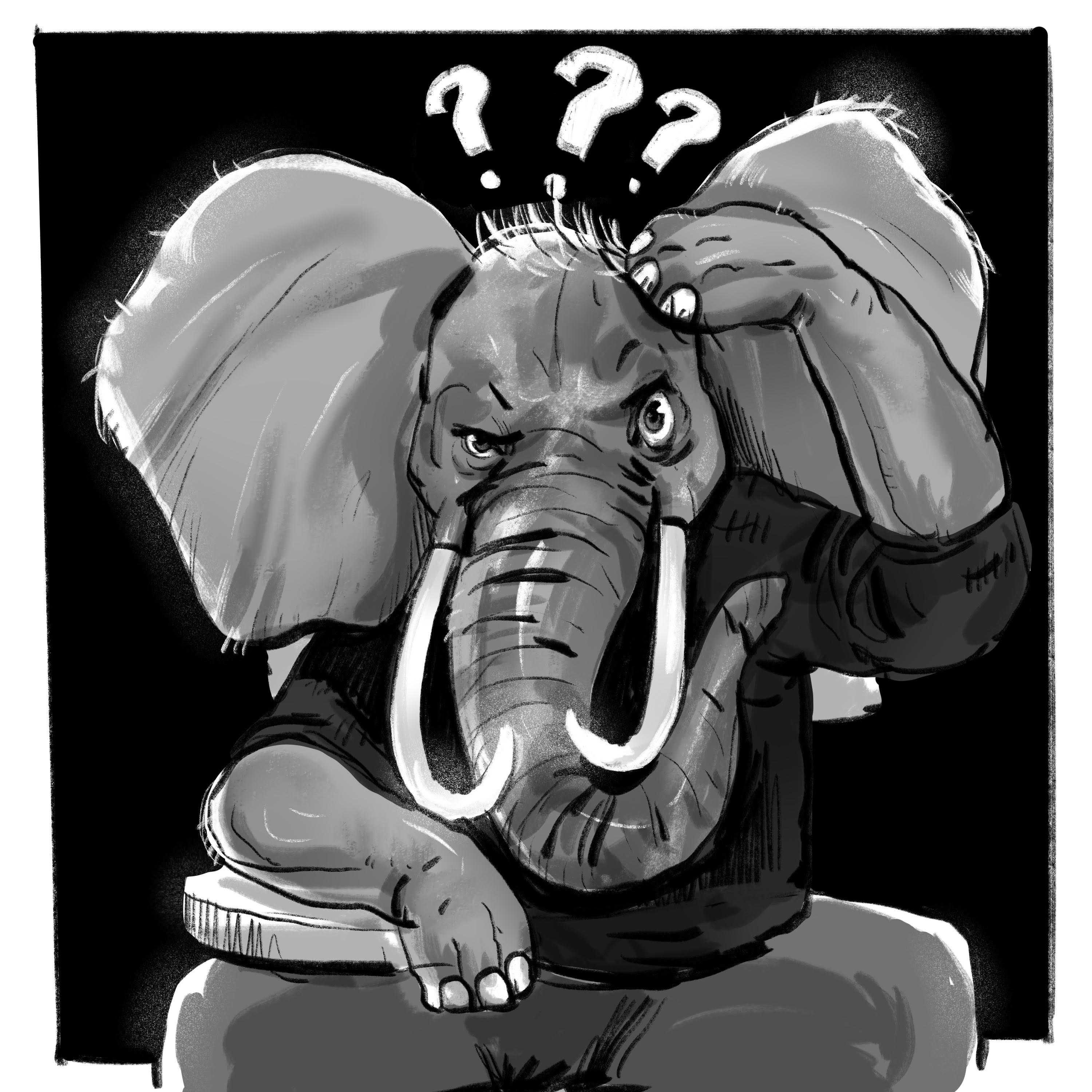When I first arrived at GW this fall, I was a proud Republican from Los Angeles who was eager to join GW College Republicans and GW’s chapter of the Young America’s Foundation. I thought those organizations would be my place, but they actually became the reason I abandoned my political party.
In my high school, I did not know many Republicans or people with right-leaning ideologies. My views were seen as extremely conservative by my peers in my left-leaning hometown of LA, and I assumed it would be the same at a liberal institution like GW.
As the founding co-chair of my high school’s chapter of YAF, I thought GW YAF would be the place for me. But when I interviewed for the GW YAF executive board this fall, I realized that I might need to rethink where I lie on the political spectrum.
When I explained my disagreements with the organization’s stance on abortion during the interview, my view was shot down. Our differences forced me to realize that I might not be as conservative as I considered myself back home. I did not get a spot on the organization’s executive committee, but I attended a few GW YAF events after my interview. Slowly, I began to notice that I was getting into more disagreements with members than finding common ground on everything from President Donald Trump to tax policy.

Cartoon by Jekko Syqia
After many heated arguments, discussions and some frustrated tears, my freshman year has taught me that I’m not really the Republican that I thought I was.
Back home, I was constantly under attack and yelled at for my opinions because LA is so liberal. Constantly having to defend myself and argue for my views back home cemented the idea that I was a conservative Republican. Rather than choosing to be an independent, I thought I only had two choices: either be a Democrat or a Republican. My views did not align with the Democratic party, so I chose to be a Republican.
But when the midterm elections rolled around a couple of months into my freshman year, I noticed that I did not fit with Democrats or Republicans. I thought the College Republicans’ watch party would be the place for me, but I found myself arguing with members about candidates and issues like party allegiance and the stock market. I was confused about where I belonged on the political spectrum – I anticipated needing to defend my beliefs to Democrats, not Republicans.
While I believe in the traditional foundations of Republican ideology, like the power of the individual and a small limited government, I found that many of my views about topics like health care and military spending were too liberal for Republicans and too conservative for Democrats at GW. At home, those views were almost always seen as too conservative.
My peers have also helped me solidify my political views. At the beginning of the academic year, I believed that the government should not be involved in health care. But after a conversation with a close friend about the potential benefits of the system, I was forced to rethink my hard stance against government health care. I still question the effectiveness of government health care, but I acknowledged some of its benefits.
If I expressed that same belief about universal health care back home, I was more likely to be yelled at for my opinion rather than listened to.
GW’s campus is different from LA in that more people are willing to talk about their views and hear out others. Coming out of an environment that was homogeneous in political allegiance and into a place with more variety has given me more opportunity to explore my political views. Although there have been people who attacked me because of my opinions, it was those who questioned yet respected my beliefs that led me to change my mind and reconsider my political stances.
I believe in the power of the individual and in small government, so in some respects, I am a traditional Republican. But after my time so far at GW, I would call myself more of an independent. California’s liberal environment made my values seem conservative, but compared to the rest of America they are really just moderate.
Hannah Thacker, a freshman majoring in political communication, is The Hatchet’s contributing opinions editor.


